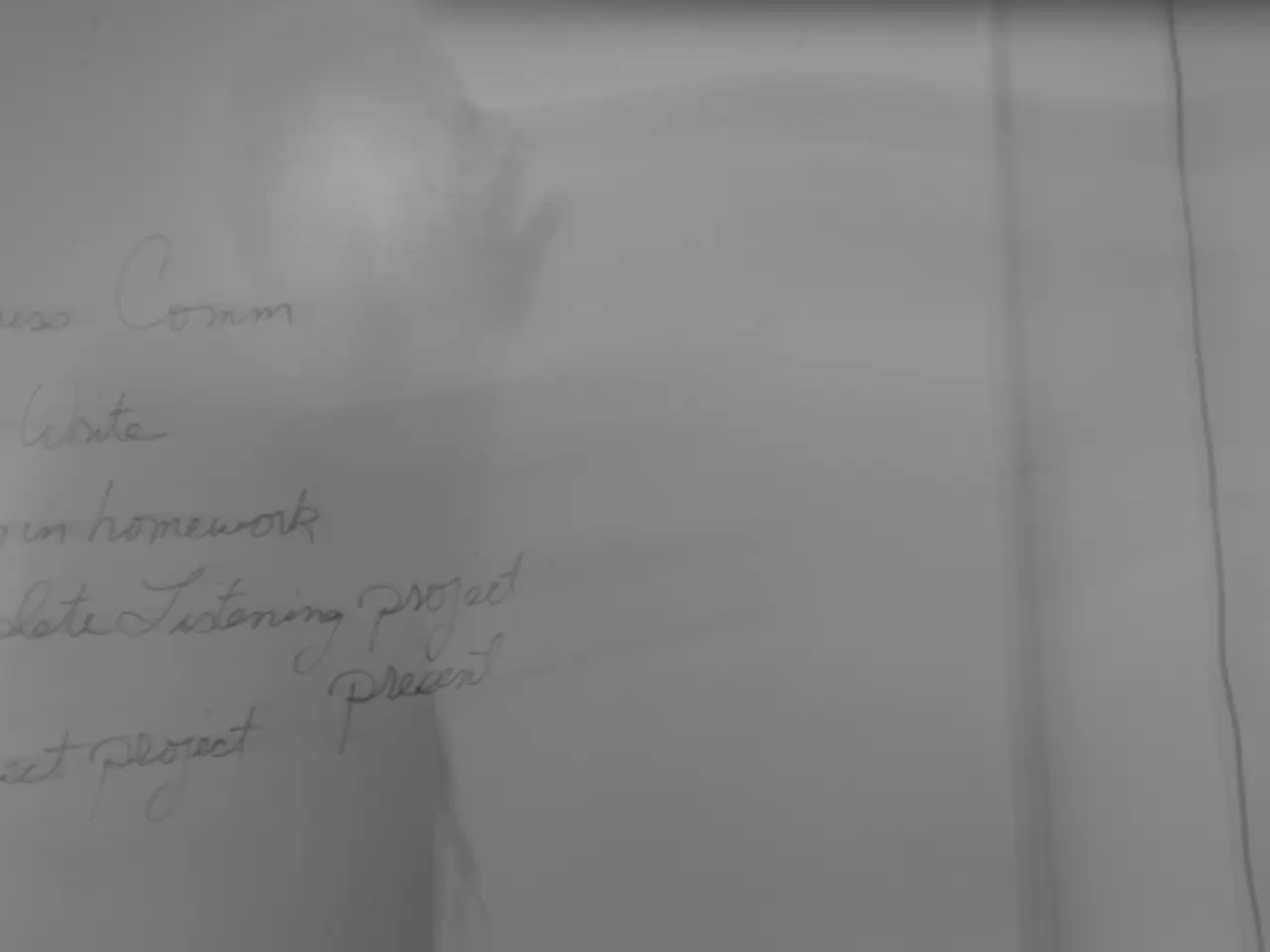Preparing for the Process of Divorce: A Guide to Understanding What Lies Ahead
Divorce can be a challenging and emotional experience, often marked by feelings of shock, denial, confusion, anger, sadness, and resentment. This article aims to provide a comprehensive guide to navigating the divorce process, focusing on the emotional, legal, financial, and child-related aspects that may arise.
Emotional Aspects
One of the most crucial steps in the divorce process is prioritizing emotional readiness before filing. This ensures that you are mentally prepared for the journey ahead. Managing anxiety by breaking overwhelming decisions into smaller steps can help, focusing first on immediate needs such as living arrangements and emergency custody, then moving on to long-term goals like permanent custody and asset division.
Maintaining civility and communicating constructively with your spouse is essential, treating discussions like teamwork rather than conflict. Taking breaks in conversations can help avoid escalation and foster peaceful dialogue. Engaging in self-care practices such as seeking counseling or support groups can also help process emotions healthily.
Legal Aspects
Hiring a divorce lawyer and coming prepared with comprehensive documentation is crucial. This includes personal IDs, marriage certificates, and detailed records of assets and liabilities. Your attorney will file key documents like the divorce petition, handle service of summons, and may guide or represent you in mediation, negotiations, or trial if needed.
Understanding the distinction between contested and uncontested divorce processes is important. Uncontested divorces allow more control over timing and can be less adversarial. Consider mediation as a constructive method to resolve disputes amicably without adversarial legal battles. Ensure all agreements (custody, support, assets) are documented legally for enforceability.
Financial Aspects
Conducting a thorough financial inventory covering all assets, debts, income, and expenses is essential. Evaluate marital vs. non-marital assets carefully, reviewing retirement accounts, tax consequences, and estate plans. Assemble a professional team including attorneys, financial planners, CPAs, or forensic accountants to build a financially sound post-divorce plan. Avoid emotionally driven financial decisions; rely on expert guidance to protect both your financial future and peace of mind. Develop budgets and plans for your anticipated post-divorce lifestyle, updating wills, trusts, and beneficiary designations accordingly.
Child-Related Aspects
Focus decisions on children’s wellbeing and stability as a primary criterion. Consider custody arrangements carefully, balancing immediate needs with long-term plans. Use mediation and cooperative communication to minimize stress and conflict affecting children. Seek legal advice to understand child support, visitation rights, and custody implications.
Tips for Seeking Support and Self-Care
Build a support network including trusted friends, family, and professional counselors or therapists to navigate emotional challenges. Use mediation to reduce adversarial conflict and associated stress, preserving emotional wellbeing. Break decisions into manageable steps to reduce overwhelm and improve confidence in choices. Prioritize self-care activities and recognize the importance of mental health throughout the process. Rely on professionals (lawyers, financial planners, counselors) for clarity, accuracy, and support, which helps maintain peace of mind.
This framework helps an individual approach divorce comprehensively—balancing the emotional, legal, financial, and child-related demands while proactively seeking support and practicing self-care. Remember, rebuilding one's life after divorce can be an opportunity for personal growth and self-discovery.
After focusing on immediate needs such as living arrangements and emergency custody, it's important to consider long-term goals like permanent custody and asset division as part of personal-growth and education-and-self-development.
For family-dynamics, ensuring children’s wellbeing and stability should be a primary criterion when considering custody arrangements.




